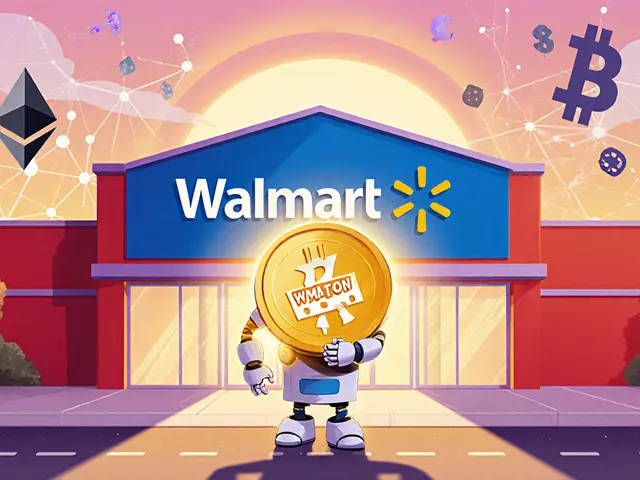CEX vs DEX: Know Which Crypto Exchange Type Fits Your Needs
When you trade crypto, you’re choosing between two very different systems: a centralized exchange, a platform run by a company that holds your funds and manages trades for you. Also known as a CEX, it works like a bank for crypto—fast, familiar, but you don’t own the keys. On the other side is a decentralized exchange, a peer-to-peer trading platform that runs on blockchain code, letting you trade directly from your wallet without handing over control. Also known as a DEX, it gives you full ownership but puts all the responsibility on you. This isn’t just about tech—it’s about who holds your money and what happens if things go wrong.
Most people start with a CEX because it’s easy. Platforms like Binance or Coinbase let you buy crypto with a credit card, cash out to your bank, and reset your password if you forget it. But if the exchange gets hacked, freezes your account, or shuts down (yes, it’s happened), your funds might vanish. That’s why so many traders now use DEXs like WOOFi or Sovryn. They don’t ask for ID, don’t store your crypto, and can’t freeze your wallet. But if you send tokens to the wrong address? No customer support. No refund. You lose it forever. That’s the trade-off: convenience vs control.
And it’s not just about safety. CEXs often have better liquidity, tighter spreads, and advanced tools like margin trading. DEXs give you access to new tokens before they hit big platforms, let you earn yield by providing liquidity, and avoid the legal gray zones that CEXs walk into—especially in countries like China, India, or Thailand, where regulators crack down hard on centralized players. The posts below show real examples: from how WOOFi lets you swap across 11 chains without KYC, to why Sovryn appeals to Bitcoin purists who refuse to trust anything not built on Bitcoin’s network. You’ll also see why some users ditched CEXs entirely after seeing how exchanges like SparkSwap vanished overnight, or how AUSTRAC and BaFin rules force platforms to collect personal data you might not want to share.
So which should you use? It’s not one or the other. Most smart traders use both. Keep your main holdings in your own wallet, trade small amounts on a DEX for new tokens, and use a CEX for quick buys, fiat on-ramps, or when you need customer help. The key is knowing when to trust a company—and when to trust the code.



